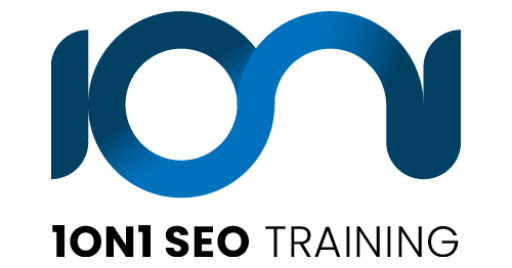Weekly SEO Training
1ON1 SEO Training offers weekly SEO training sessions for individuals and teams. Bruce Jones, author, SEO scientist, and inbound marketing expert, leads our weekly SEO training program for all SEO skill levels.
Whether you’ve only started learning search engine optimization or already have considerable knowledge but would like to continue upskilling to remain competitive, 1ON1 SEO Training has something to offer you.
1ON1 SEO Training’s weekly SEO training classes are customized for each student and their SEO needs. So, if you’re tired of wading through the theoretical and would like to try working on a website to develop your SEO smarts, you’ve come to the right place. Anyone willing to learn SEO can become an SEO expert in time.


